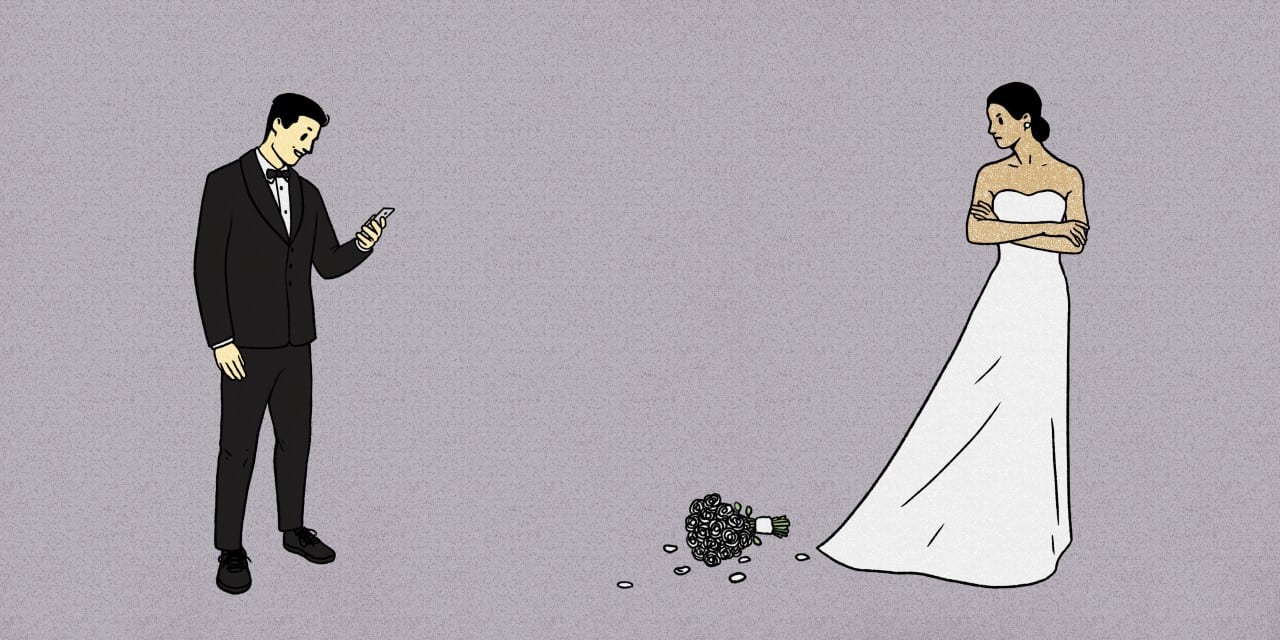By:
“My father often told me that if not for pornography, he’d have become a serial killer,” Chris Offutt once wrote in The New York Times.
On Offutt’s telling, his father was both an avid consumer and creator of the dark medium, who made his living as one of America’s most prolific pornographic novelists in the 1970s. But he also secretly drew a series of pornographic comics, which Offutt rather dispassionately reports “eventually ran 120 separate books, totaling 4,000 pages, depicting the torture of women.” Offutt rejects the story his father tried to sell him: “The idea that porn prevented him from killing women,” he muses, “was a self-serving delusion that justified his impulse to write and draw portrayals of torture.” Instead, Offutt thinks his father told himself he needed porn to save him because he couldn’t come to grips with the simple fact that he liked it.
Theorists and sociologists have tussled for the past 30 years over whether pornography’s easy availability makes violence more or less likely. The more pressing question, however, is why anyone became interested in the link in the first place. There is no need to take a stand on whether Offutt’s father was right about the powers of pornography to save him from a murderous path. That he felt some deep connection between pornography and murder—between the depiction of women in graphic sexual poses and the violent destruction of their bodies—should be enough to disturb us. Illicit sex and actual violence may be more closely connected than we might like to think.
Pornography Lies
Pornography deceives. Its sexualized depiction of human persons promises the viewer what it cannot deliver. But how pornography lies is difficult to see, if only because our eyes have gone blind from our frequent exposure to the medium. Pervasive consumption of pornography dulls the mind: if we delightedly give ourselves over to falsehoods, we lose our ability to sort truth from fiction. Sin has a compounding effect. The twin wraiths of confusion and ignorance preserve the charm of its false pleasures. It is easier for those drowning in a whirlpool of deceits to embrace their situation as “normal” than it is to escape.
The inescapable availability of pornography, and the corrosive “pornification” of all other forms of media, means that the most pressing challenge for Christians is rediscovering what purity feels like. C. S. Lewis famously proposed that spiritual mediocrity is the equivalent of playing with mud pies instead of taking the seaside holiday God offers us. Our situation is more dire, though: we are in danger of forgetting what the sea even offers. The warmth of sunshine that lifts our eyes and our hearts to heaven has been hidden by the stale pollution of our passions. Pornography is the only atmosphere we know: it has clotted our lungs, and we cannot get enough of it.
We have been told by our society to accept porn as the “new normal”—which is an extremely pernicious and effective lie. Offutt suggests that his father’s secrecy was “born of shame and guilt.” He avoids moralizing his story, but he subtly implies that his father is attracted to violent images in part because of the stigma attached to his “mainstream” pornographic work. Had he simply accepted that we liked pornography—that pornography is normal—all might have been well. The thought is common enough in our culture, at least, even if Offutt does not agree with it.
In fact, we have pressed the bounds of sexuality so far that “sex negativity” is our only sin left: Any attempt to find a moral basis for sexuality beyond pleasure and consent is simply too prudish, too retrograde to be taken seriously in our enlightened age. Pornography is inescapable; therefore, it must be permissible. There is no other way for us, much less a “more excellent” one.
Imagining a world that has not so cheapened human sexuality, then, is the first act of resistance to the many lies pornography tells. A porn-saturated world or life is not inevitable: there is nothing in the cosmos that says it must be a permanent feature of our experience. To confess this, and to acknowledge our own responsibility in making the world we have, is to take the first steps toward freedom. By the grace of God, we can live in a world other than that which we now know. That such a thought is so foreign to most of our society betrays how weak the pornography regime is: the moment we begin contemplating the prospect of living otherwise, the whole shoddy artifice that makes it seem attractive collapses into rubble. Finding a “more excellent way” begins with remembering that another way is possible—a thought that the pornography industry does not want anyone to truly believe.
Pornography may represent a less vicious deviance than that which murder depends on, but it trades on the same destructive, dehumanizing impulses. And comparing the two disturbs our complacent, lazy acceptance of pornography as a benign and harmless form of amusement. It shocks us because the widespread use of pornography seems so natural, so inevitable. It horrifies us because the world of pornography is our world. The parallel cannot be, must not be true. But it is.
The Death of Wonder and the Trivialization of What Matters […]
Obscenities and the Modesty of Desire […]
Objectification and Porn […]
Peopling of the World […]
To see the remainder of this article, click read more.
 Listen Online
Listen Online Watch Online
Watch Online Find a Station in Your Area
Find a Station in Your Area









 Listen Now
Listen Now Watch Online
Watch Online
